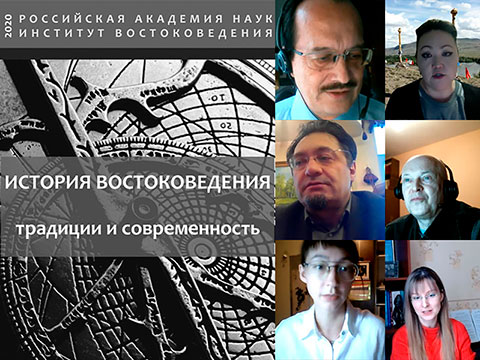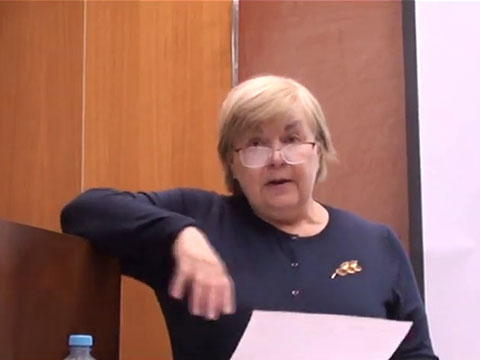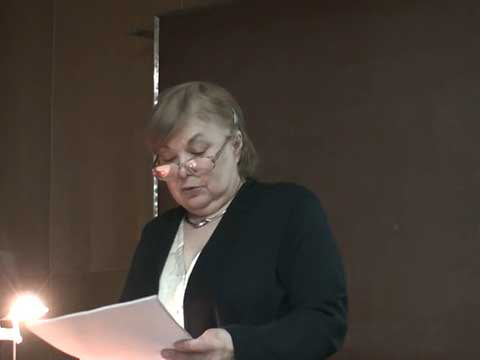Departments
Center for Study of Common Problems of Contemporary East
The Center for the Study of Common Problems of the Contemporary East (CSCPCE) was established at the Institute of Oriental Studies of the Russian Academy of Sciences in October 2009 from two previously existing departments — the Department for Comparative Theoretical Studies (OSI) and the Department for Complex Problems in International Relations (OCSPO). In fact, as a single unit of the Institute, the CSCPCE began its activity in late November 2009, during the elaboration of the 2010 research scedule.
In 2010 - 2017 years the research of the Center was conducted in three main directions.
- Direction "EAST AND RUSSIA IN THE GLOBALIZING WORLD: MODERNIZATION AND TRANSIT". Within the framework of this direction, the main topics developed on a collective and on an individual basis were as follows:
● BRICS countries - their evolution and geopolitical significance, cooperation with the countries of Africa, interaction of the extractive industry of the BRICS countries, prospects for economic growth;
● increasing the role of the East in the global economy, the behavior of new players in it, i.e. TNCs and TNBs of these countries;
● the dissemination of new information and communication technologies (ICT) in the countries of the East, the participation of these countries in the production of ICT goods and services;
● water, food and energy problems in the East, forecasting their dynamics until 2030. - Direction "ROLE OF RELIGION IN PROCESSES OF SOCIALIZATION AND POLITICAL INDOCHRINATION IN THE EAST". Mainly on an individual basis such basic themes were developed:
● historical roots and basic postulates of radical Islamist ideology;
● problems of Arab-Muslim communities in Western countries;
● the position of Christianity and Christian minorities in the East, the relationship between Muslims and Christians, and between Sunnis and Shiites in the Arab countries;
● religious and social life of Russian regions. - Direction "REGIONAL SECURITY AND INTERNATIONAL RELATIONS". In this direction, work was carried out, on a collective and individual basis, on the following themes:
● Cross-border challenges to the national state;
● Transformation of the geostrategic map of Asia and North Africa at the beginning of the 21st century, the changes of the last decades in the political and military-strategic situation in the East; security as a value and norm in the past and present;
● Current security issues at the country and regional level;
● the origins, content and dynamics of the Syrian crisis, the correlation of internal and external factors of its origin and development.
In 2014, the fourth direction of the Center's research was opened — migration studies. Its appearance was objectively conditioned by recent years' shifts in the structure of cross-border migration: by 2013, the number of international migrants in Europe and Asia was almost equal: 72 and 71 million respectively. International migration from the East moves along three world-cultural addresses: to Russia, the West and two segments of the East itself, namely, to oil producing Arab monarchies and to the newly industrialized countries of the Far East and Southeast Asia. For each address there exist their own characteristic features of the migrants’ adaptation, their interaction with the host population, changes in the identity of the parties.
At the same time, for all the peculiarity of this or that migration stream, they all share some common stable features that are clearly visible when comparing modern migrations with historical ones. The experience of the latter is especially important for understanding the medium- and long-term consequences of the former. Identification and comparison of the features of various migrations and diasporas, their correlation with processes inherent in international migration, regardless of external and relatively fast transitory circumstances, the development of an end-to-end typology of historical and contemporary migrations and their effects — this is the main objective of research in this area.
Within the framework of the third and fourth directions the research work of the Center was carried out on a project basis by the forces of temporary creative collectives, which included researchers not only from the Institute of Oriental Studies of the Russian Academy of Sciences and other Russian scientific and educational institutions, but also foreign scholars from Italy, Iran, Mongolia, Kazakhstan, and Ukraine.
Distinctive features of work on projects were as follows.
- Careful development and discussion of the concept of each project.
- A focused and clearly expressed interdisciplinarity. In each project, experts hardly ever belonged to a single research platform: historians, political scientists, internationalists, social and cultural anthropologists, religious scholars, sociologists, philologists joined each other.
- A truly integrated approach to the analysis of the problem under study was clearly designed. In addition to the usual concrete plots that fit into the subject matter of the project, we pursue the studies of what has been neglected before – the etymology and evolution of terms and concepts, the role of historical and cultural contexts, peculiarities of perception of security and migration in everyday life and in more sublime spheres, etc.



















